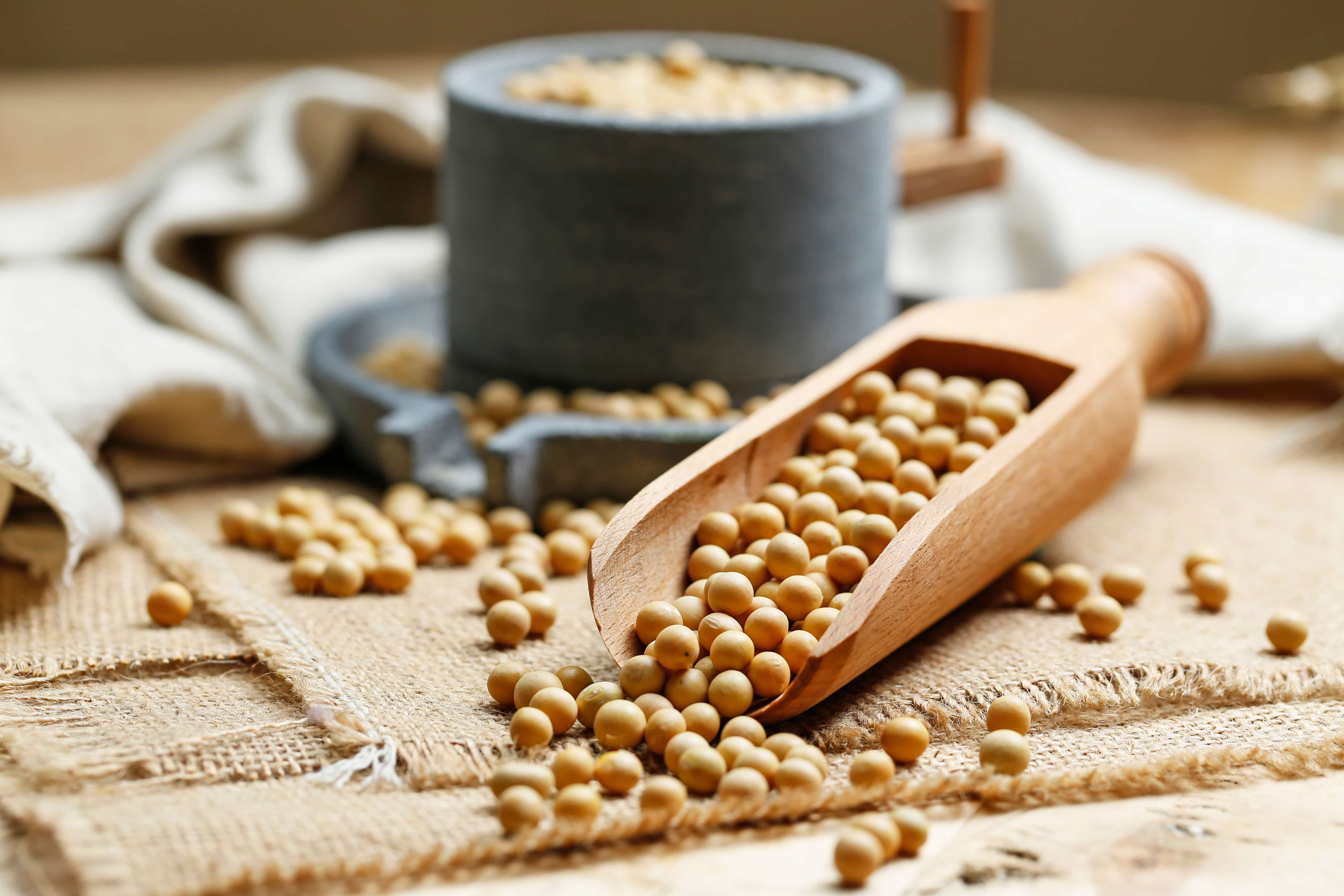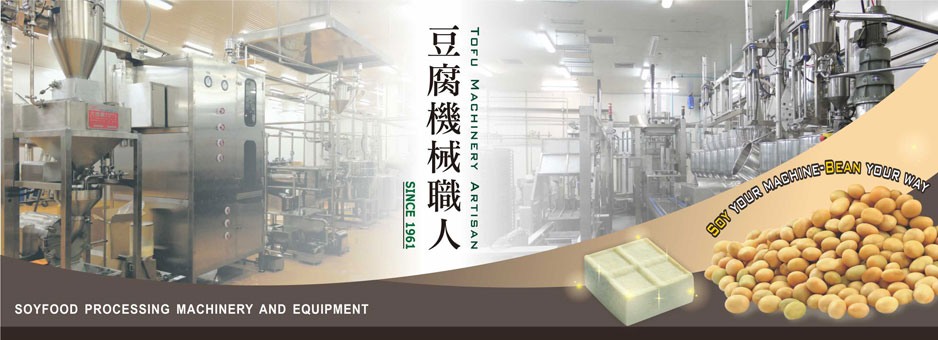Lower Risk of Breast Cancer

Research shows that women who consume soy are less likely to get breast cancer. One study found that women averaging one cup of soy milk or about one half cup of tofu daily have a 30% lower risk of developing breast cancer compared with women who eat little or no soy. This may be due in part to protective substances called isoflavones found in soy foods.
In a 2013 meta-analysis that analyzed data from 22 studies, researchers found that, among Asian women, those who consumed the most isoflavones (compared with those who consumed the least) had a 32% lower risk of breast cancer. A protective effect was observed for both pre- and postmenopausal cancers. A 2014 meta-analysis reached similar conclusions. Western women don’t typically eat much soy, so it’s harder to compare between high and low levels of intake. However, eating soy foods during the preteen and teen years, when breast tissue is forming, may be especially protective.
Lower Risk of Recurrence
What about women who have been diagnosed with breast cancer? Researchers found that women diagnosed with estrogen-negative breast cancer who ate the most soy isoflavones had a 21% lower risk of dying from cancer compared with those who ate the least.
The Women’s Healthy Eating and Living Study also showed that soy may help protect breast cancer survivors. Researchers found that women who ate the most soy cut their risk of cancer coming back or cancer death in half. Another study followed 5,042 women previously diagnosed with breast cancer for four years. Women who regularly consumed soy products like soy milk, tofu, or edamame came out ahead. They were about a third less likely to have their cancer come back, and 29% less likely to die from cancer compared with women who ate little soy. Numerous other studies confirm these findings. Women who avoid soy get no advantage, while women who consume soy are less likely to have their cancer return.
How might soy help? Soy isoflavones may help keep estrogen signaling at healthy levels. Estrogens are female hormones made by women and, to a lesser extent, men. Estrogen works by binding to “docking sites,” or receptors, on cells. When estrogen binds to its receptor, it can trigger certain cancer cells to grow. However, your cells have two different kinds of estrogen receptors: alpha and beta. Estrone, the main estrogen in women after menopause, binds mainly to the alpha receptor. Soy isoflavones preferentially bind to beta receptors. This binding seems to help block the cell growth that’s part of the cancer process.
https://www-pcrm-org.translate.goog/good-nutrition/nutrition-information/soy-and-health?_x_tr_sl=en&_x_tr_tl=zh-TW&_x_tr_hl=zh-TW&_x_tr_pto=sc





